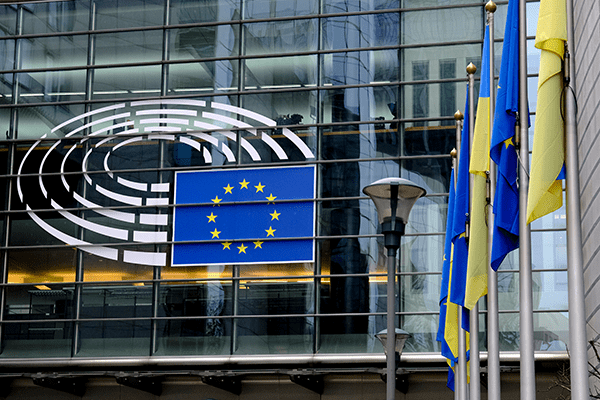EU Requirements in the Western Balkans and Eastern Partnership countries will be respected

The eight nationals of these countries can travel visa-free within a period of 90 days to any Schengen country.
However, citizens from the Eastern Partner and Western Balkans may need to obtain the ETIAS travel authorization before visiting EU member states by 2025.
ETIAS is part of the EU Visa Travel Policy. It will be required for all visa-exempt travelers entering the EU.
What’s the Fourth Visa Suspension Method Report (VSM4)?
The Commission supervises the visa-free system. This review provides an in-depth analysis of “measures taken to ensure the continued fulfillment of the criteria for countries that have been visa exempted for less than seven years consecutively,” including Georgia, Ukraine, and Moldova.
This year’s report shows that all countries have met the requirements for visa liberalization. They also made significant progress in implementing the Visa Suspension Mechanism guidelines, which are included in the report.
The research also identifies the areas each country should focus on to move forward.
The Commission emphasizes the benefits of visa-free.
According to research, these conditions must be met. Visa-free travel is an advantage for both EU member countries and partner countries at different levels of political power.
Additional proposals from the Commission for partner country
The epidemic has impacted travel outside of the EU and its allied countries. However, most people who travel within Europe legally have done so.
All member countries of the union must continue to fight for their citizens’ safety. An agreement between the EU, its partner countries, and the EU must be reached to curb irregular migration.
Two critical issues are being addressed by the Commission: asylum seekers and readmission.
According to EU data, the number of asylum applications declined significantly in 2020. Many countries have to deal with unfounded asylum petitions by their residents.
EMPACT is the European Multidisciplinary Platform Against Criminal Threats. These countries must strengthen it and continue to run targeted awareness campaigns.
Returned citizens need cooperation from other countries in the EU.
Despite the decrease in illegal border crossings, we believe border and migration management could be improved.
Partner countries should be integrated into the EU’s Visa Policy to ensure that their borders are well managed and that visa liberalization criteria can be met consistently.
Expectations of the Commission in terms of security and public safety
The Commission acknowledges that all countries reviewed have taken steps to combat organized crime. Security concerns must also be addressed.
Every government should fight organized fraud, money laundering, and crime. Law enforcement agencies need to work closer together in this situation.
High-level corruption was identified by the Commission and must be addressed.
Some countries may issue nationality in exchange for funding, investments, or starting businesses within the region. This is to ensure that visa-required nationals are not unable to apply to the EU short-stay visa procedure. They will be able to undergo a thorough assessment of their security and migration risk.
The Commission is still available for visa liberalization standards assessment and bilateral engagement.
The Suspension Mechanism For Visas has been Enhanced
The Strengthened Visa Suspension Mechanism was released in March 2017. The method allows the Commission to monitor whether non-EU countries have met visa liberalization obligations.
The citizens of Montenegro and Serbia, as well as those from Serbia, Montenegro, and Macedonia, have been allowed to travel freely to the EU since 2009. Visa-free travel was granted to residents of Georgia, Ukraine, Moldova, Georgia, and Ukraine in March 2017, June 2017, and June 2017.